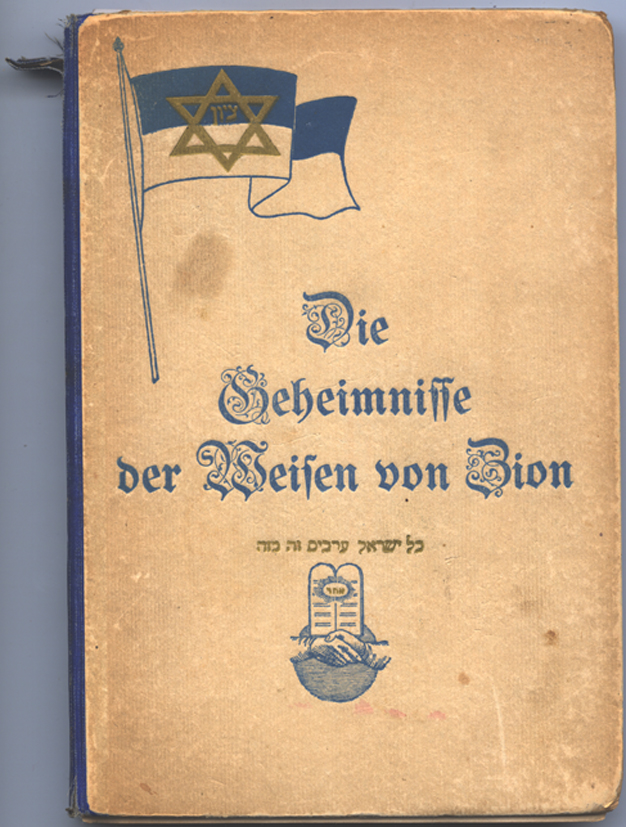Regardless of what or where women were trying to fight for or what they believed in there was always a constant flurry of hostile newspaper articles that followed in thier wake.
The Seneca Falls meeting was very much in conflict with the paternalistic feeling that governed late eighteenth- and early nineteenth-century magazines. As women tried to push their way in to men's political and economic power on society, the Fourth Estate responded by replacing paternalism with uncontrolled hostility.
The convention itself was established by women's rights theorist, writer, and orator Elizabeth Cady Stanton. In 1815 Stanton married Henry B. Stanton and had seven children. They had a happy marriage but her husband's work took him away from home, leaving Stanton alone with their seven children and the monotony of homemaking in an isolated setting. Stanton used the
Seneca County Courier to publicize the convention; "A convention to discuss the social, civil and religious rights of women...". As stated before some 300 people read her publication and arrived in Seneca Falls in 1848. And by the end of the two day convention 100 names were signed to Stanton's
Declaration of Sentiments, which consisted of twelve resolutions encouraging women to enter professions as well as demanded that women be granted property and child custody rights. Of course the most controversial, and only one that didn't pass, was the resolution demanding women's suffrage. It was only after a moving appeal by African-American leader Frederick Douglass did the resolution pass.
American newspapers, to state it lightly, tore them a new one. Journalists did almost everything in their power to slow down the advancement of the women's movement. Some headlines were "Women Out of Their Latitude" or "Insurrection among the Women." Publications took the demands the women brought forth and basically just called them dumb and threw them under the rug, calling them obsolete. James Gordon Bennett of the
New York Herald, one of the most influential papers in the country, wrote that the Seneca Falls meeting was a "Woman's Wrong Convention." The
Philadelphia Ledger and
Daily Transcript summed up the attacks with the perfect publication: "A woman is nobody. A wife is everything." No matter what convention or meeting the women's movement held many hostile articles followed. After an 1852 meeting the
Syracuse Star mocked the meeting heavily calling it the "Tomfoolery Convention."
The newspapers were not only attacking the women's demands about freedom but they were attacking their abandonment of their wifely duties and responsibilities. Publications highlighted the fact that while these women were out fighting for their rights the traditional values and duties were being neglected.
Feminists were going against woman's true nature. Men truly believed that the world would come to an end, that their dinners would not get made, laundry would not get done, and children would not get cared for, if women got rights the same as them. James Gordon Bennett was a leader on this theme of the "end of the world" when women got equal rights. He asked rhetorically:
"How did woman first become subject to man, as she now is all over the world? By her nature, her sex, just as the negro is and always will be, to the end of time, inferior to the white race and, therefore, doomed to subjection; but she is happier than she would be in any other condition, because it is the law of her nature."
Quotes retrieved from
Mightier Than the Sword by Rodger Streitmatter
![[coughlinandrushlimbaughprojectingfacism.jpg]](http://4.bp.blogspot.com/_XeRnkgFEHn8/SkloidQj_fI/AAAAAAAADxc/f9c7JKbjvIw/s1600/coughlinandrushlimbaughprojectingfacism.jpg)



